The pain I was feeling might have just arrived in my body, but it was familiar to me. I knew its name and face. I was closer to it than I wanted to be because I had seen it slowly rise in the bodies of some of the other women in my family, literally forcing them to their knees. Watching them turn to various methods of minimizing it was unforgettable. So when the pain began to hum incessantly in the background of my body, I was ready for it. I assumed it was coming.
These were fibroids invading my body and interrupting my peace. I knew it but could not prove it, so I consulted a doctor to tell me what I already knew.
After an extended period of listening to a history podcast about the French Revolution in the waiting room, I was able to connect with him and explain my feelings.
His response to the news that I was running through super jumbo tampons like they were going out of style and had days where I could not stand due to the pain did not shock me, but it did infuriate me.
The OB-GYN I was seeing at the time refused to give me an ultrasound. He stared at my mid-section as I spoke, refusing to meet my eyes or acknowledge the urgency in my voice. The American Journal of Obstetrics and Gynecology reports that “Fibroids are more common and more severe among African American women, and African American women have fibroids diagnosed at earlier ages, are more likely to be symptomatic, and are likely to have different responses to medical treatment than White women.”
These facts did not affect his decision-making.
His diagnosis was premature. He did not inform me that having a vitamin D deficiency— which I was later proven to have—was associated with a higher risk for fibroids. He did not ask anything about my stress level or my lifestyle.
It leaped from his lips. “Go to the gym at 6 am daily, then come back and talk to me in a couple of months, okay.”
He refused to commit to ordering an ultrasound despite my protests. It did not matter that I explained my family history. It did not matter that I had been bleeding since I was 11 years old, and I knew that what I was experiencing was not normal for my body.
I was fat, so sending me to the gym was the only logical conclusion to addressing any health problem I had. What else could you do but instruct me to hit the weight room? It’s not like l was a real person or anything.
“Physicians may over-attribute symptoms and problems to obesity and fail to refer the patient for diagnostic testing or to consider treatment options beyond advising the patient to lose weight, according to a 2015 study published in Obesity Reviews. I am living proof that research is accurate.
This kind of weight bias negatively impacts patient outcomes and contributes to some people’s reluctance to seek care.
Fat people are not the only ones who are routinely dismissed by the people they turn to for help. Women Health Reports reported in 2022 that “Racism impacts clinician’s ability to listen to Black women’s experiences and treat them as equal partners in decision-making about their own care and treatment options.”
When you are a Black woman who happens to be fat, you are likely to face more barriers to receiving adequate care.
The Journal of American Medical Association reports that “Chronic pain is an area where substantial racial and ethnic differences in the management and treatment of Black individuals’ pain have been well-documented.”
A few years and a significant amount of pain later, I turned to another doctor at the height of the pandemic. She was a Black woman.
I sought out a Black woman doctor because I was afraid of what would happen if I didn’t. I explained what I was feeling and was immediately told that I needed an ultrasound.
The experience was simple. It revealed what I already knew quickly. I had several fibroid tumors causing my pain.
There was no need to plead and beg for what should have been routine diagnostic care. She felt she could not confidently treat me without knowing what was going on, so she ensured I had tests that would let her develop an informed treatment plan.
It is unconscionable that my healthcare provider refused to confirm that via the appropriate testing.
Editor’s Note: If a doctor does not give you the tests you believe you need, ask again. If they refuse, change practitioners immediately. Do not wait. Before choosing a new doctor, research, research, research, check ratings, read reviews, and get recommendations from current patients. Check out this list for more tips.




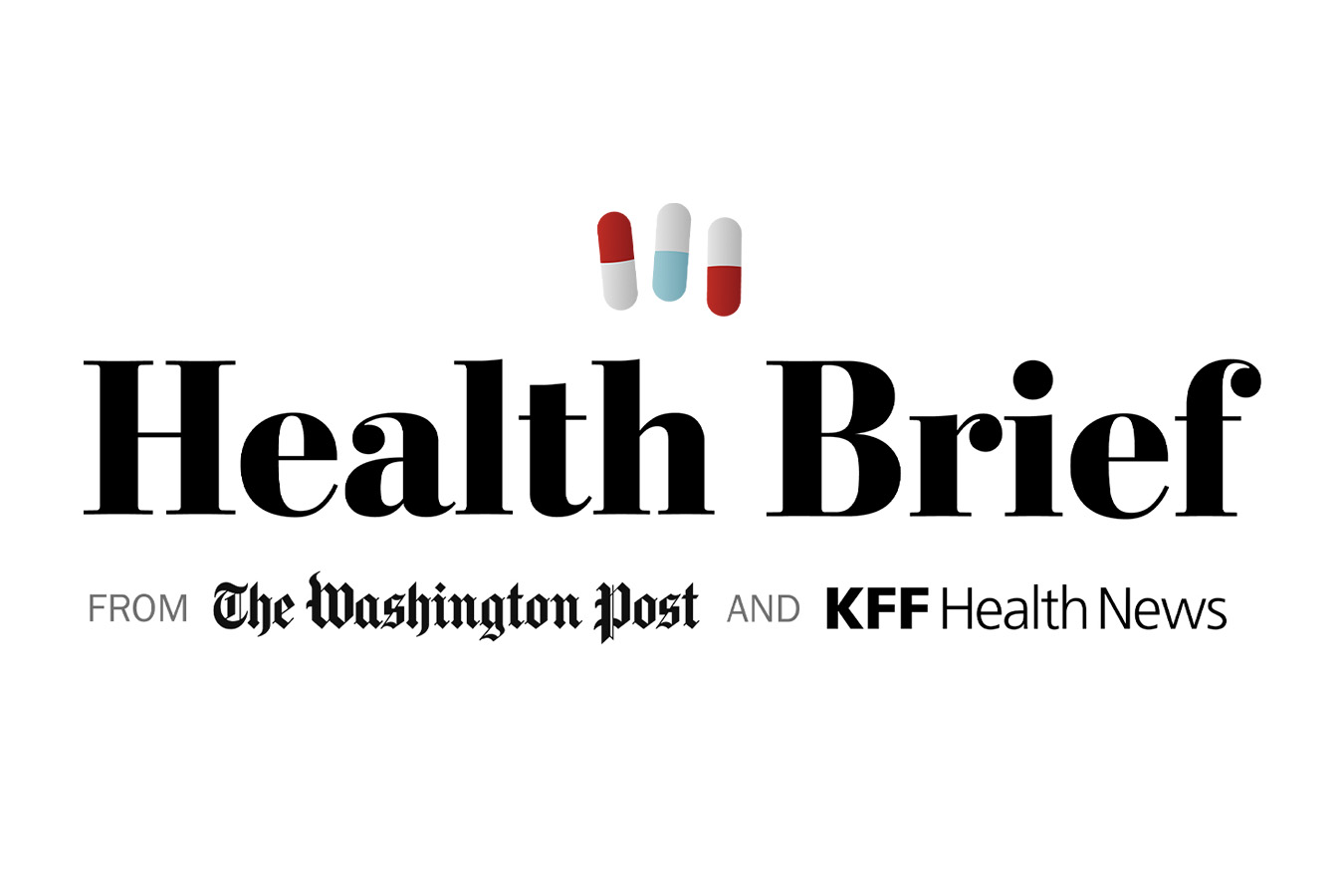

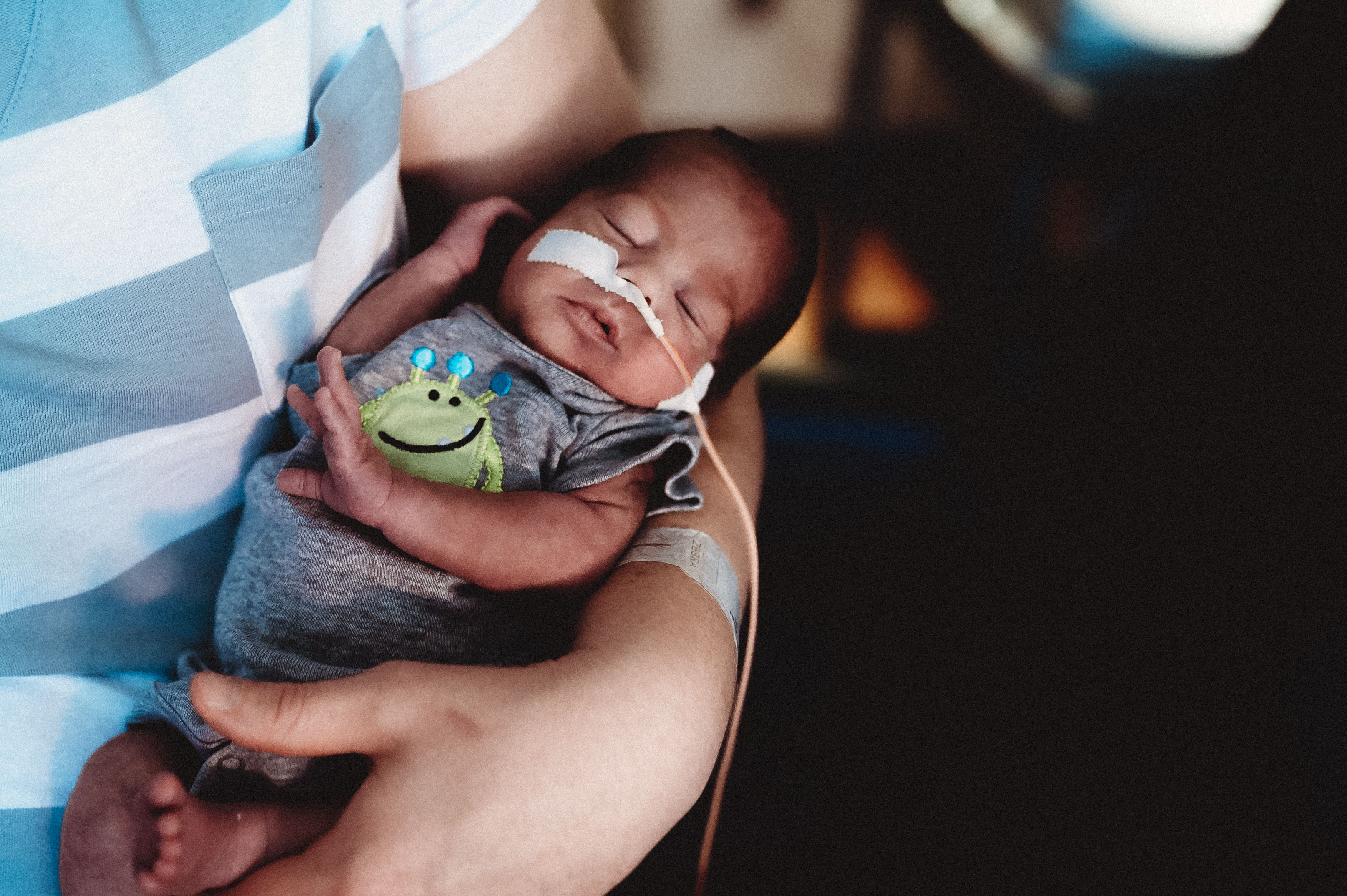
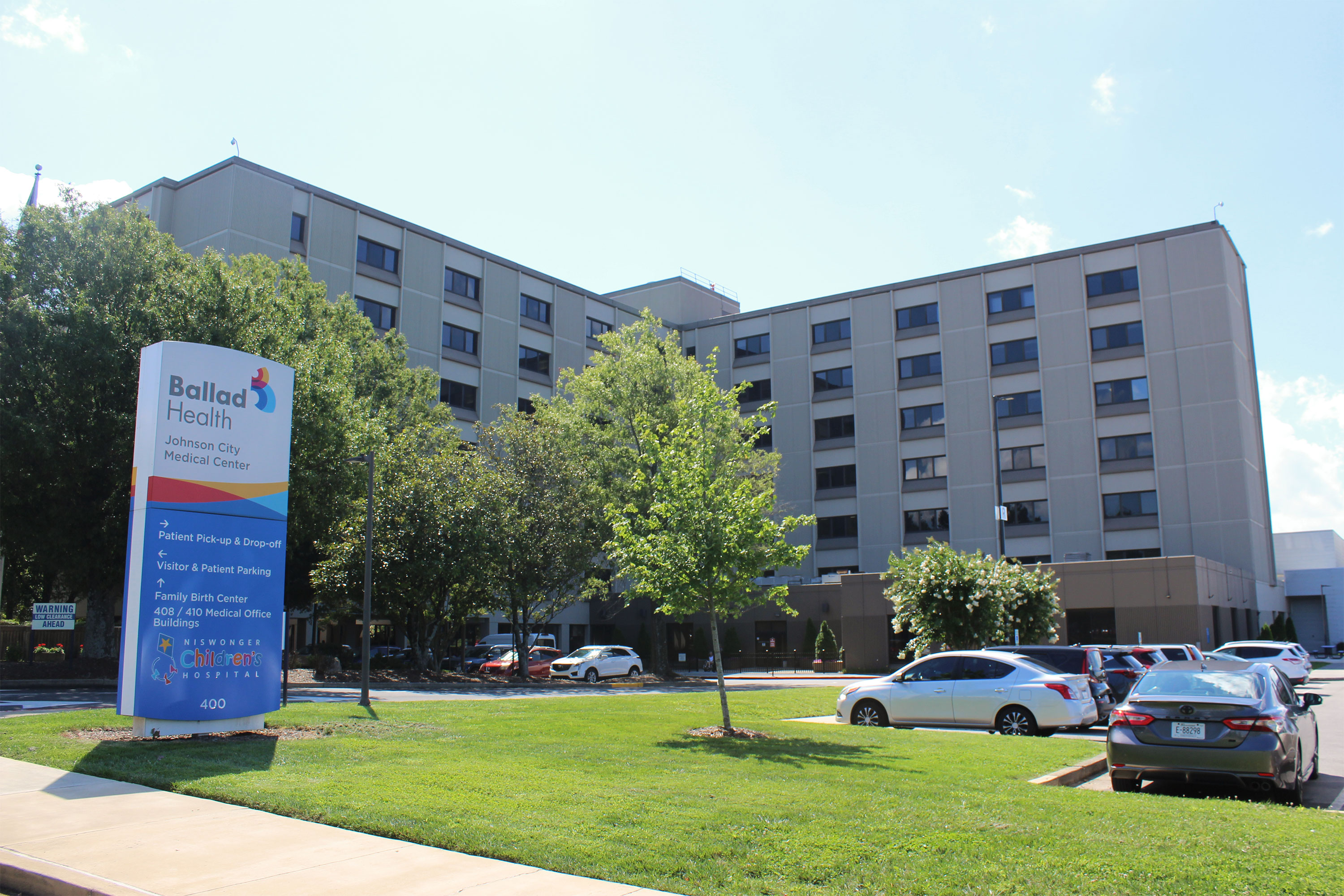
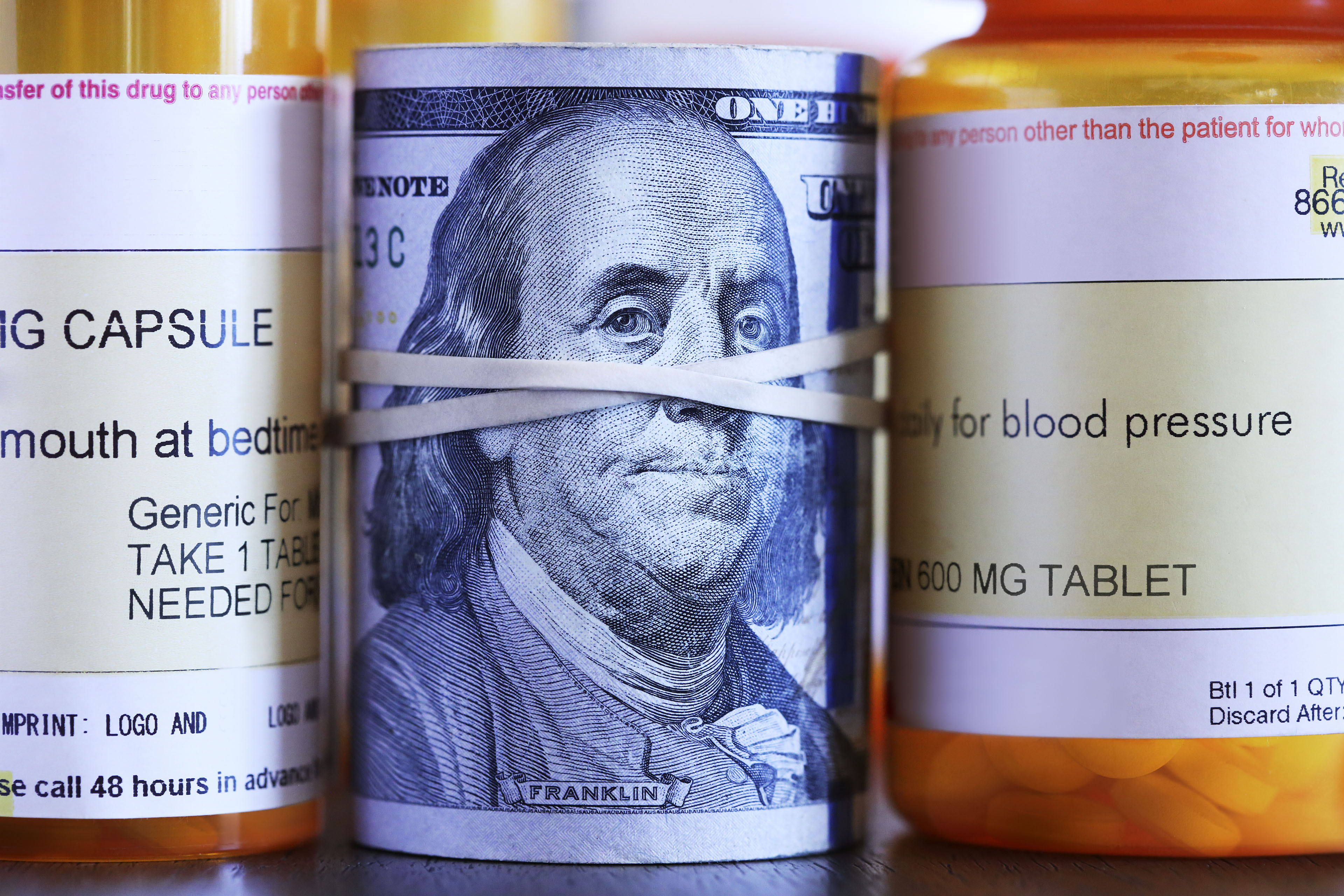

![Healthy No-Bake Mint Chocolate Truffles [high protein + no added sugar]](https://healthyhelperkaila.com/wp-content/uploads/2024/08/IMG_1902-e1724891697681.png)





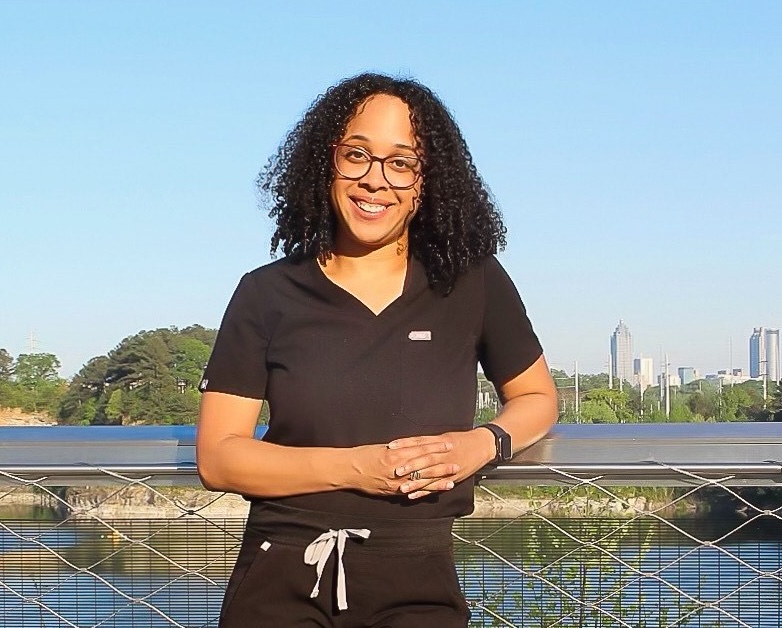


 English (US) ·
English (US) ·